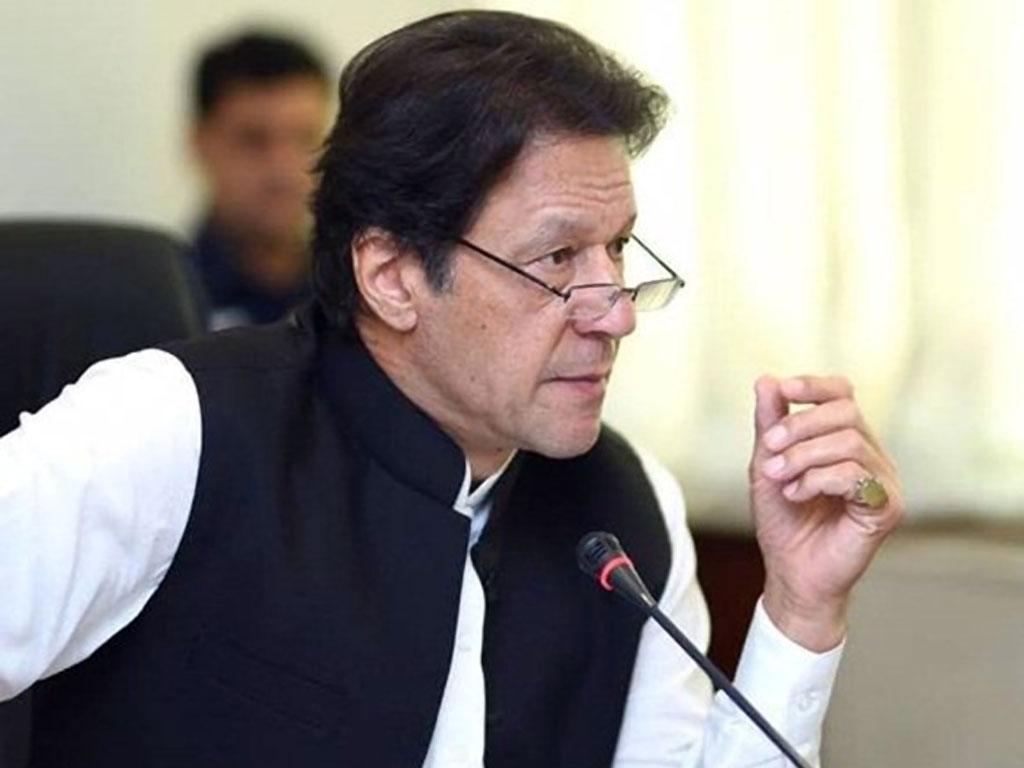PM's criticism of tax behaviour

Prime Minister Imran Khan while addressing a ceremony held to award appreciation certificates to 150 top taxpayers of the country referred to them as the country's "true VIPs" while lamenting the fact that a mere 1.7 million people out of a total population of 210 million file tax returns in the country. The names of these top taxpayers were not released unlike in 2015 when the names of the top 200 taxpayers were released with the current Advisor to the Prime Minister on Industries, Commerce and Textiles Razak Dawood standing at 92nd position and Jehangir Khan Tareen at 84th position. Additionally, it is not clear whether they received 'privilege and honour cards' entitling them to VIP status, a policy decision taken by the then Prime Minister Nawaz Sharif with the objective of luring taxpayers to file returns and pay taxes honestly.
The Prime Minister expressed dissatisfaction with taxpayers' behaviour which, he added needs a mindset change. However equally, if not more importantly, a change in the mindset of the Federal Board of Revenue (FBR) is required if his administration is to succeed where others failed.
At present, around 70 to 80 percent of all income tax collections are from withholding taxes imposed in the sales tax mode, an indirect tax whose incidence on the poor is greater than on the rich, with filers paying half the rate of the non-filers. This implies that a salaried individual whose income tax has already been cut at source would have to pay withholding tax if he purchases an item and/or service on which such a tax is imposed. The government ended this tax on withdrawals in excess of 50,000 rupees for filers which must be appreciated but the withholding tax on filers on other items/services remains. Disturbingly, Finance Minister Asad Umar is on record as supporting the withholding tax regime and one would hope that filers may pay this tax on a source of income say rent and not as a sales tax.
Tax on income of farmers, a provincial subject as per the constitution, must be equal to the tax imposed by the FBR on income and not be a fraction of the tax paid by the salaried class. At present, the Pakistan Tehrik-e-Insaaf is in government in three provinces and one would hope that their provincial budgets reflect this as it would generate considerable income for the provinces, enabling them to strengthen their financial capacity to undertake social sector development projects thereby reducing the burden on the federal government.
At present, the tax structure allows for a 50 percent penalty to be imposed on those who may not have filed their returns but have demonstrated that they did clear their taxes. This penalty is therefore unfair and needs to end. And finally the government needs to revisit the form as it is cumbersome and requires considerable time and expertise to fill it.
The Prime Minister also needs to change his own mindset if he is to succeed in increasing the number of taxpayers and filers. He is on record as having stated before his July 2018 electoral victory that the public would pay taxes honestly if his party wins as tax evasion or tax avoidance is a function of the perception of Pakistani taxpayers that members of the executive are corrupt and/or engaged in profligate spending of the taxpayers money. He constantly cited the success in generating funds for his cancer hospitals as proof positive that the public trusts him. While there is little doubt that public perception of Imran Khan's honesty remains strong yet it is necessary to acknowledge that charity-related decisions are distinct from decisions taken with respect to tax evasion/avoidance: the former are taken on an individual basis, with companies perhaps some linking it to the associated tax concessions, while the latter is taken for purely economic reasons pertinent to individuals/companies.
To conclude, the way forward must be to revisit the prevalent tax structure and system.
























Comments
Comments are closed.